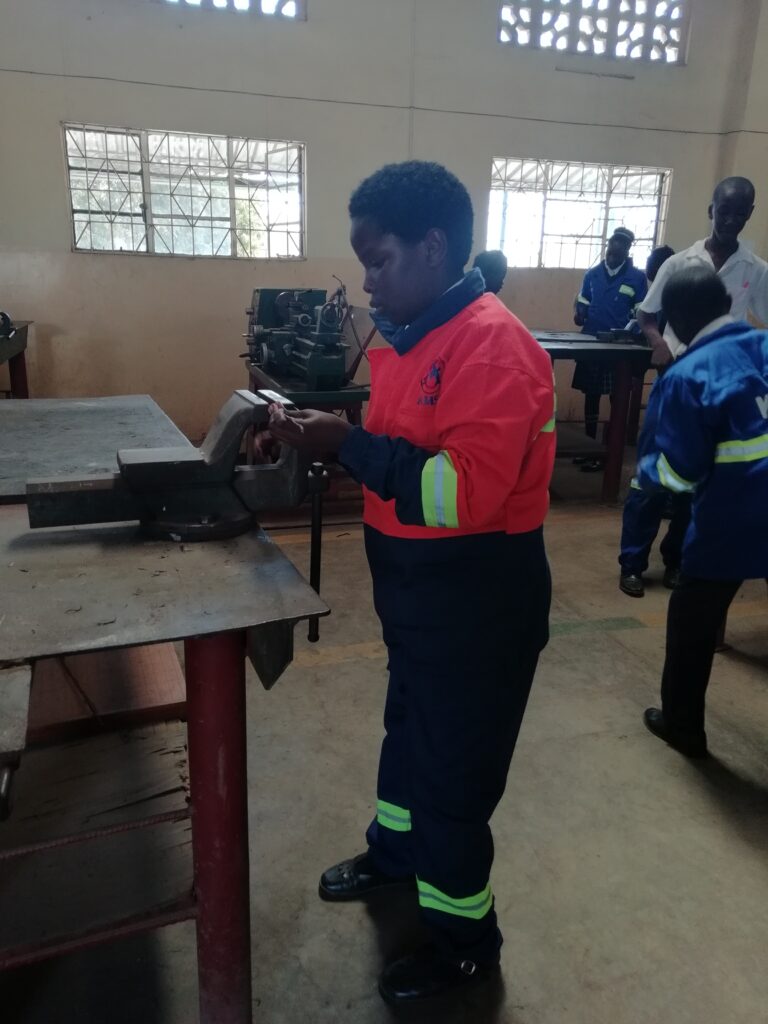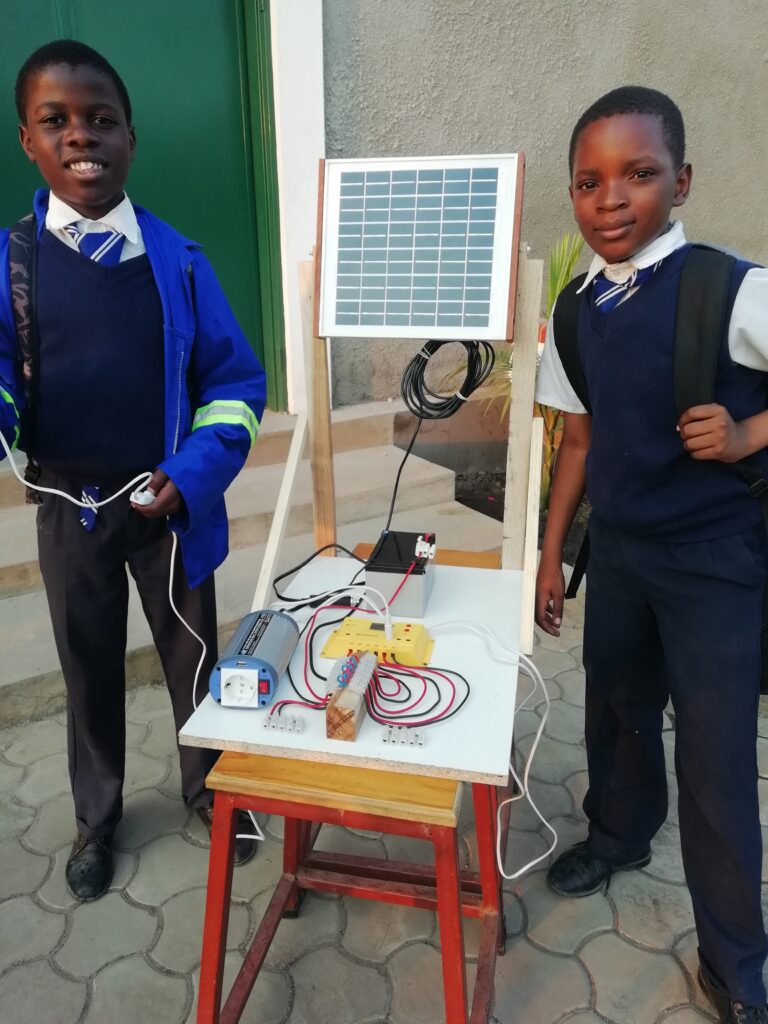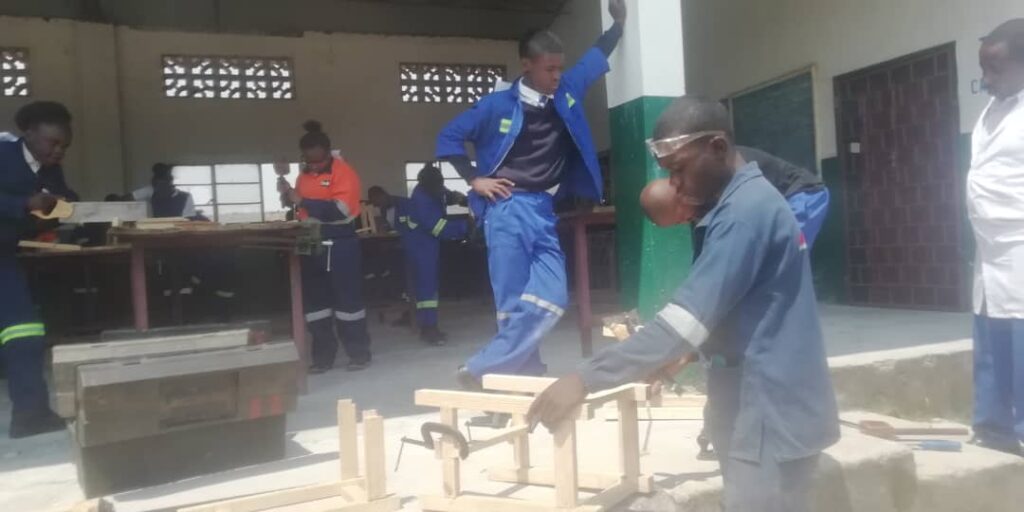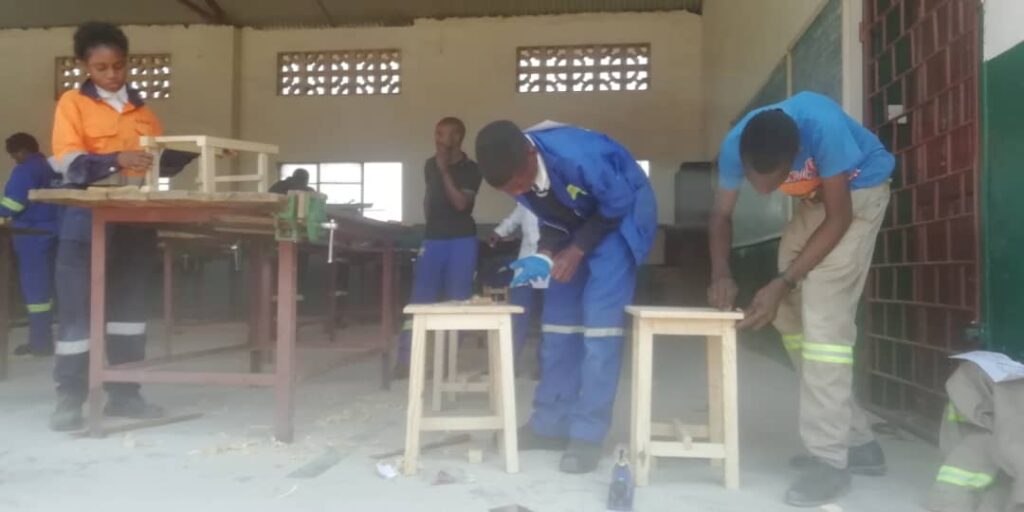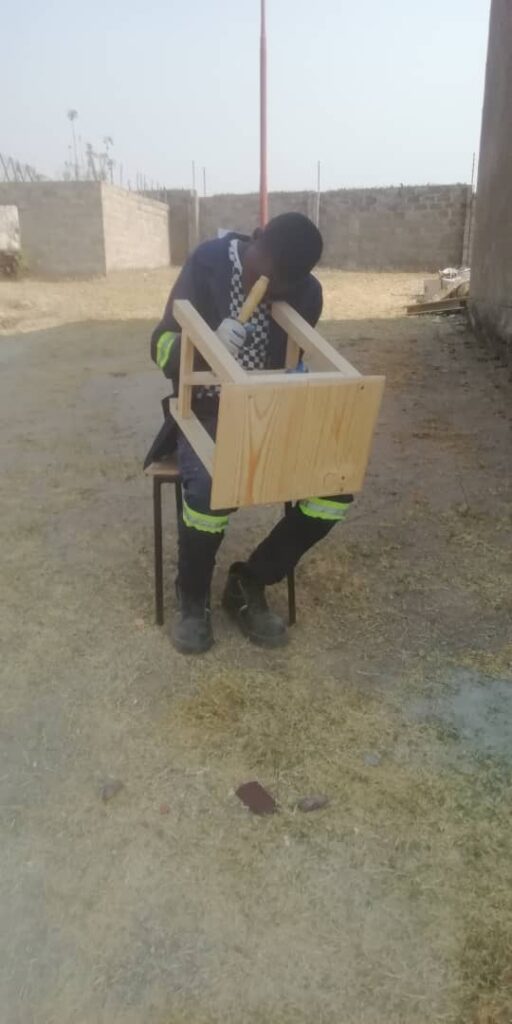Despite being a good skills training institute, the centre experienced the dwindling of enrollments just like the majority of skills training institutions in the country. It is for this reason that the Salesian Society felt the great need of integrating a full-fledged Technical Secondary School, taking advantage of the Government revised secondary school curriculum which has incorporated two career pathways: academic and vocational. The Government has realized the need for skills in the development of a sustainable economy. In order to ensure the development of effective skills at the national level, the Government has made it mandatory for each Secondary school to offer at least two vocational career pathway subjects. This is why certain levels of skills that were previously obtainable only at post-secondary level shall be obtained at secondary school level to enable those youths who drop out at grades 9 and 12 have necessary skills for survival. The Technical, Vocational and Entrepreneurship Training Authority has facilitated the inclusion and certification of programmes like Metal Work; Carpentry and Joinery; Bricklaying and Plastering; and Electrical into Design and Technology subject; General Agriculture, Hospitality, Art & Design, ICT, Music & Art etc, to industry acceptable levels, to be offered from grade 8 – 12. TEVETA has come on board to empower youths with lifelong skills that would enable youths to have a direct link to industry, seeing that there is an outcry from the industry about the poor quality of training given by TVET providers, which partly can be attributed to poor Technical & Vocational foundation at primary and secondary school levels.
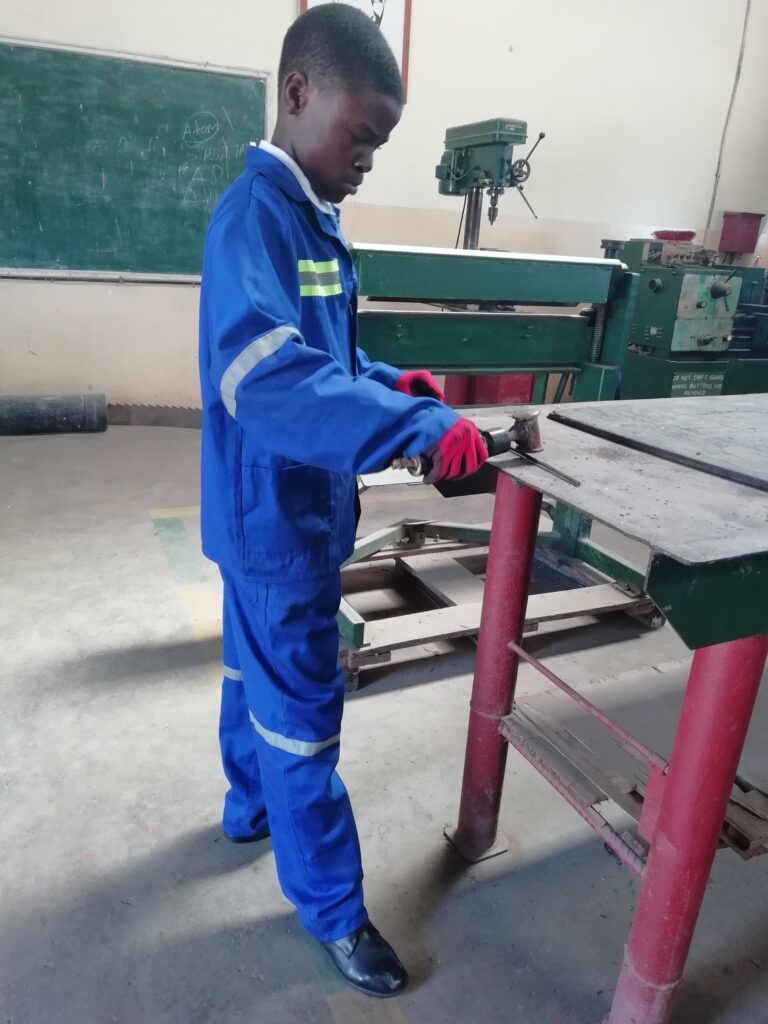
Through Entrepreneurship, TEVETA is resolved to empowering youth to fill up the skills gap at an early age and also to prepare them for the world of work. In grade nine and twelve, pupils will acquire levels three (III) and one (I) trade certificates respectively. Level one is the highest under trade certification. After trade test level one is craft certificate. With the understanding of TEVETA, Don Bosco intends to go further and offer up to Craft certificate to grade twelve finalists in order to make them more marketable in the industry.
